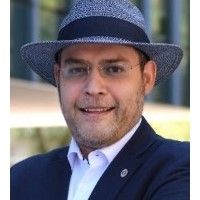authors
- González-Peña, Omar Israel
- González-Peña, Omar Israel
- González-Peña, Omar Israel
- González-Peña, Omar Israel
- González-Peña, Omar Israel
- González-Peña, Omar Israel
- González-Peña, Omar Israel
- González-Peña, Omar Israel
- González-Peña, Omar Israel
- González-Peña, Omar Israel
- González-Peña, Omar Israel
- González-Peña, Omar Israel
- González-Peña, Omar Israel
- González-Peña, Omar Israel
- González-Peña, Omar Israel
- González-Peña, Omar Israel
- González-Peña, Omar Israel
- González-Peña, Omar Israel
- González-Peña, Omar Israel
- González-Peña, Omar Israel
- González-Peña, Omar Israel
- González-Peña, Omar Israel
- González-Peña, Omar Israel
- González-Peña, Omar Israel
- González-Peña, Omar Israel

 oig@tec.mx
oig@tec.mx